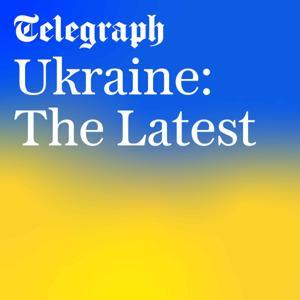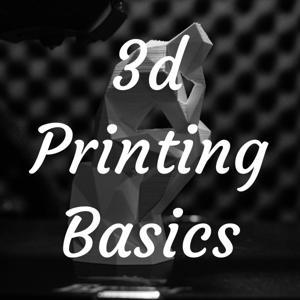Edvin Resebo has grown in LPBF as LPBF has grown, starting at Siemens and then the Alfred Nobel Science Park. Now he heads up AMEXCI, an effort to industrialize Additive Manufacturing. AMEXCI can design, optimize, test, and print parts from prototypes to volume production. Working across exacting industries, the firm is trying to take its partners Atlas Copco, Electrolux, ABB, Husqvarna, Hoganas, Saab, Scania, SKF, Stora Enso & Wartsila. But it works with other firms also in a collaborative approach that could be a method for other regions, clusters, or alliances to industrialize additive.
This episode of the 3DPOD is brought to you by Continuum Powders, industry leaders in sustainable metal powder production. From aerospace to energy, Continuum delivers high-performance powders made from reclaimed materials without compromising quality.




































